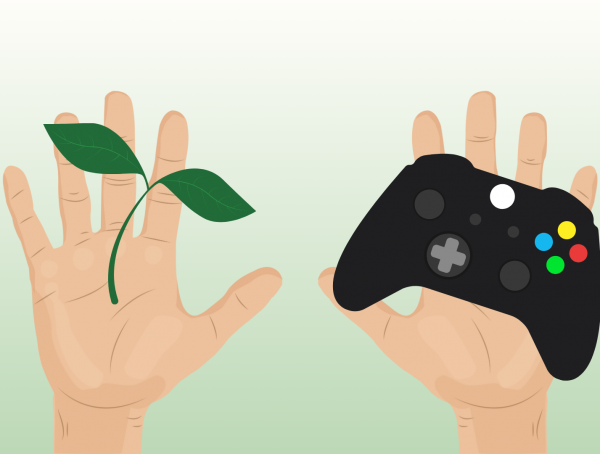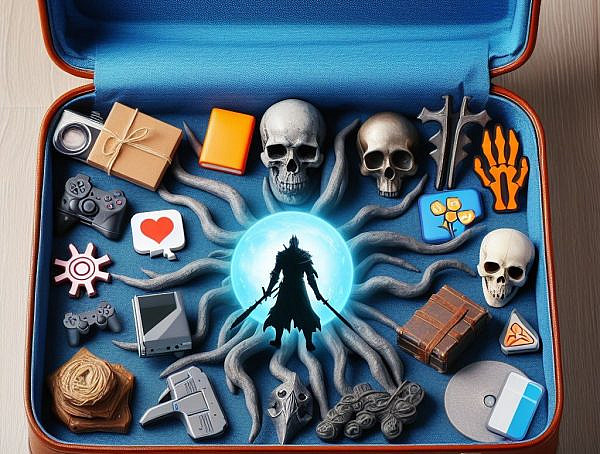In the Article” A ‘KAHOOT!’ Approach: The Effectiveness of Game-Based Learning for an Advanced Placement Biology Class”, Serena M. Jones, et al. cover new educational technologies, such as ‘KAHOOT!’ to teach and keep high school students motivated to learn about complicated and difficult scientific concepts. They do this by using the gamification, which means making activities more game-like in learning and teaching. They also decide how well the use of ‘KAHOOT!’ can enhance students engaging in the subject of learning.
‘KAHOOT!’ is game-based learning platform which allows for example teachers to create quizzes for their students about different topics.
The methods that Jones, et al. are using to decide the effectiveness of ‘KAHOOT!’ in learning is giving the students a presentation about certain subject. After the presentation the students and the teacher were given fifteen questions about the subject in a form of ‘KAHOOT!’. After the game the students filled a survey about how interested they were in the activity.
In the results of the survey majority of the students enjoyed the ‘KAHOOT!’. Thirteen of the eighteen students in the test group answered that they had better understanding about the presentation topic after the ‘KAHOOT!’ game. The results overall indicated that the ‘KAHOOT!’ helped the students to understand better the subject of learning. They also enjoyed the teaching more than traditional style of teaching. The test results state that gamification is an effective way to increase student engagement in the learning environment.
The relatively small size of the students participating in the test (18 overall), the results are not reliable evidence about the hypothesis of the test. Further test with bigger groups and more specific questions are necessary to figure the real effects of gamification in learning experiences, since there is still very little research about the subject. It is also notable that gamification as a part of learning experience is not suitable for everyone.
In a conclusion, transforming heavy and boring lessons into more student engaging and fun is a good tool to make people understand better complicated and challenging topics.
Photo by the author.
You might also like
More from Game Research Highlights
How do you want to do this? – A look into the therapeutic uses of role-playing games
Can playing RPGs contribute positively to your wellbeing? A recent study aims to find out how RPGs are being used …
Eldritch horrors and tentacles – Defining what “Lovecraftian” is in games
H.P. Lovecrafts legacy lives today in the shared world of Cthulhu Mythos and its iconic monsters. Prema Arasu defines the …
Are Souls Games the Contemporary Myths?
Dom Ford’s Approaching FromSoftware’s Souls Games as Myth reveals the Souls series as a modern mythology where gods fall, desires …















